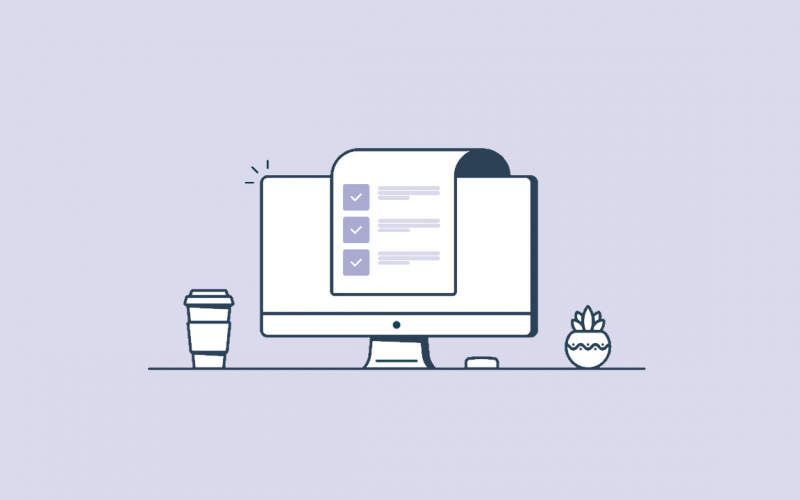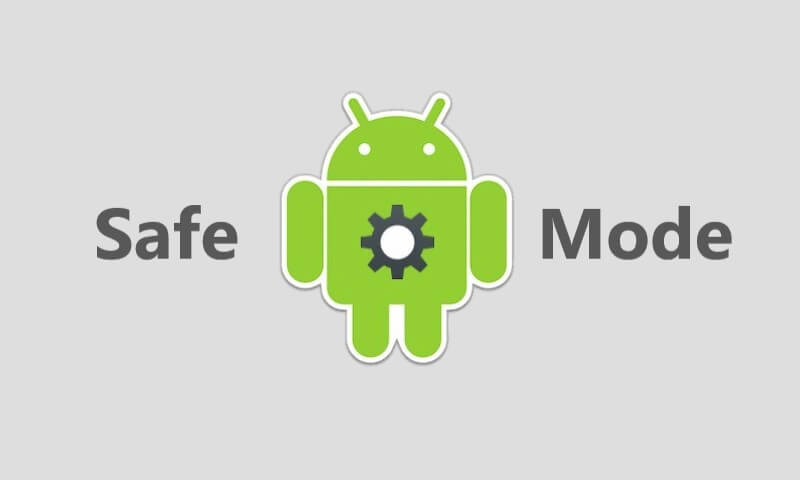Running a background check on yourself is quite essential, especially when seeking employment, a loan, or housing. It gives you the advantage of knowing what your employer, landlord, or financial body might discover about you and prepare you for a necessary explanation should there be a deficiency in your background check report.
According to a survey conducted by HR.com in 2017, 96% of employers run background checks on prospective employees.
Also, the Consumer Financial Protection Bureau in its report clearly states that any number of companies and organizations can request a background check on you.
Therefore, any of the following groups can run a background check on you
- Employers, volunteer organizations, and government agencies
- Landlords and Real Estate companies
- Banks, credit unions, Lenders, etc.
- Insurance companies
- Utility companies
However, according to the Federal Fair Credit Reporting Act (FCRA), you are entitled to request a copy of reports of background checks conducted on your behalf by any agency. This is quite important for correction.
Reasons to run a background check on yourself
Running a background check is essential for the following reasons
1. Correct errors in your background report
You might be sharing name and date of birth with a shady individual; you might even be a victim of identity theft. Hence, running a background check gives you the opportunity of clearing the air with your prospective employer.
2. Verify your CV details
This ensures that your CV information is concise and accurate. Studies by CareerBuilder shows that up to 58% of employers often detect discrepancies on prospective employees’ resume.
3. Have a record of your background check
Having a record of your background check is essential; especially if there’s any information you will want your prospective employer, Landlord or Insurance agencies to be aware of. This gives you the opportunity of explaining yourself in person.
How to Run a Background Check on Yourself?
Running a background check on yourself goes beyond checking your criminal record. Employers/agencies will want to look at your education history and transcripts, verify your work experience and also check out credit reports.
Therefore, you should run a background check on the following
1. Criminal records
If you have been convicted or arrested in the past, you can ask for a report of your conviction from the court. You should also check with the Federal and state courts where applicable.
However, if you’re not sure of your criminal background, you should check your criminal background by using any of the online criminal background checks to see if anything crops up.
2. Credit Report
If you need to obtain a credit score, you might have to pay for it separately. However, you can obtain your credit report for free once in a year as stipulated by the Fair and Accurate Credit Transaction (FACT) Act. You can get your credit report by visiting AnnualCreditReport.com. This is important, especially when you’re applying for a credit facility, or your employer wants to find out how financially responsible you are.
A credit report will show you the following
- Your debt record
- Your debt/income ratio
- The number of times your credit report has been requested, etc.
3. Education
Most times, employers or other agencies might want to verify your educational background. They can do so by requesting your transcripts and other records from the schools you have attended.
You can request transcripts from the schools you have attended and also have the opportunity to correct errors in your transcripts or certificates if there are any.
4. Driving Records
When applying for a job post requiring driving, your employers will want to do a background check on your driving history.
You can request for your driving record by visiting the DMV websites of the states where you once held a driving licence.
5. Digital footprint
Most employers and agencies check out your profile on social media as part of their requirements or recruitment processes. A study by SHRM reveals that as high as 77% of employers check out their prospective employees on social media platforms before completing the recruitment process.
When doing an online background check, you should consider the following tips
- Check the privacy settings of your social media account
- Do not post compromising pictures, comments, or thoughts about yourself online on your social media handle
- Delete all posts and pictures that might compromise you to prevent them from turning up in background searches
- Be wary of accepting friend requests from people not related to you in any way
- Don’t be in a rush to click on links in your messages
- Do not link your social media account
- Use strong passwords for your social media accounts
- You should close social media accounts you don’t frequent to reduce your footprint online
- Use a VPN service to secure your privacy and information online.
VPN’s ensure that your privacy online is protected and also reduce your online footprint by preventing your browser from saving third-party cookies, trackers, etc.
Aside from reducing your online footprint, an excellent VPN service like RitaVPN ensures that you appear anonymous online with no traceable IP address and location. This prevents websites from serving you third-party cookies which track all of your activities online. This is very important in preventing your information from cropping up on random searches conducted by your prospective employer or other agencies.
Hence, before conducting an online check on yourself, you should subscribe and use RitaVPN to secure your information and also protect your privacy.
WiFi Password Hacker Cause Data Leakage
Popular Adult Site Exposed User Data
What security features does PayPal have?
What is the Best VPN for Online Banking?
9 New Year’s Resolutions for Cybersecurity in 2020
The Ultimate Guide: How to Protect Your Internet Privacy?
Best Search Engines for Privacy in 2020
How to Prevent Common Types of Password-hacking?
Conclusion
Whether you’re applying for a job, admission, credit facility, or you intend renting an apartment, running a personal check on yourself is essential in ensuring that only accurate information about yourself turns up in background checks conducted on your behalf.






